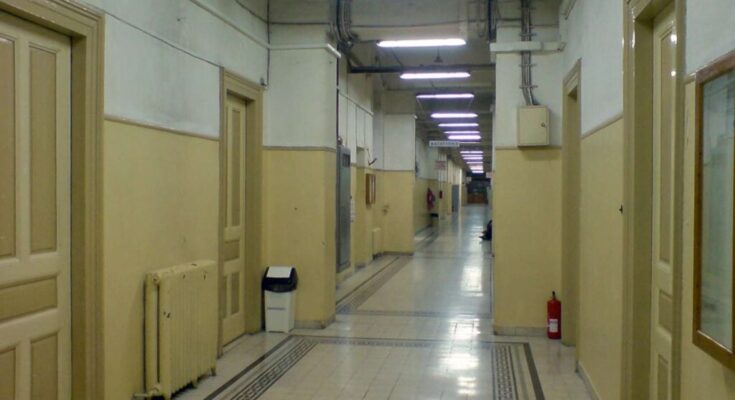
By November, the government expects to approve the implementation of free afternoon hospital surgeries.
Free afternoon surgeries with funding from recovery and resilience fund
The government aims to implement 37,500 free operations starting immediately. Funding for this initiative will come from the Recovery and Resilience Fund.
This plan was discussed in a meeting chaired by Prime Minister Kyriakos Mitsotakis at Maximos Mansion, where he met with the political leadership of the Ministry of Health to outline the government’s priorities in the health sector.
The initiative will prioritize citizens who have been waiting the longest. This is part of a broader strategy to systematically reduce the backlog of surgeries in public hospitals, which is now being tracked through a single digital surgery list.
Progress on NHS facility upgrades and digital transformation
The meeting also reviewed the progress of projects aimed at upgrading emergency departments and other facilities within NHS structures. The discussions included implementing best practices for patient reception and distribution. The goal is to improve the speed and quality of service to citizens.
The participants also discussed plans to further strengthen the NHS workforce, the timeline for digitizing more health services to facilitate easier communication between patients and doctors as well as a review of the performance of the Ambulance Service and air transport during the summer months.
Currently, patients often have to pay up to 2,000 euros for major afternoon hospital surgeries. Patients whose health cannot afford further delays must cover these high costs out of pocket.
Panhellenic Federation of Public Hospital Employees: “The Prime Minister’s announcements are insufficient”
According to data from POEDN, 40 percent of operating rooms in the country’s hospitals remain closed. This is due to a shortage of anesthetists and nursing staff. In Attica, the percentage of closed operating rooms reaches 50 percent. This happens mainly due to a lack of nursing staff rather than anesthetists, as stated by Panos Papanikolaou, the General Secretary of OENGE.
POEDN President Michalis Giannakos and Secretary General Christos Papanastasis criticized the government’s approach, saying:
“The Prime Minister’s announcements on Public Health at the TIF included only incentives to attract doctors to remote areas, the self-taxation of doctors’ on-call pay at 22 percent, and 37,000 free afternoon hospital surgeries funded by the recovery fund. However, 40 percent of operating rooms remain closed, primarily due to a shortage of nursing staff.”
“The dozens of ICU beds that closed after the pandemic are also largely due to this shortage” said Giannakos and Papanastasis. “There have been no financial support or salary increases for healthcare workers who go beyond human endurance to provide safe services.”
They also added that healthcare workers’ salaries are comparable to those of unskilled laborers despite the fact that they announced increases in the minimum wage. A newly graduated university-educated nurse earns 816 euros per month, Giannakos and Papanastasis said, while a paramedic earns 556 euros. Most healthcare workers receive lower wages than the minimum wage of an unskilled worker since they receive twelve paychecks per year, unlike the private sector’s 14 paychecks.
They added that:
“Doctors’ on-call hours, as well as night shifts for nursing and other staff, should be tax-free or at least taxed at a lower, independent single-digit rate. We need new staff in the system, not just the redeployment of those already working. Contract workers should be permanent.”
The NHS of Greece requires funding, incentives, and staffing to improve the situation.”



